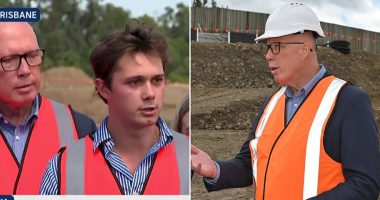The study, conducted by multiple Australian universities, found that GPs were also managing a wide range of related conditions, most commonly solar keratosis, a pre-cancer that forms on skin damaged by exposure to ultraviolet rays.
“The high and increasing rates of general practice encounters for skin cancer-related conditions reflect Australia’s latitude gradient, high exposure to ultraviolet radiation, predominantly fair-skinned people, and ageing population,” the authors wrote.

They said their findings, one of the first major surveys of GPs regarding skin cancer appointments, could help with early skin cancer intervention and prevention.
They found skin checks, due to not being part of a national program, were mostly “opportunistic” and hard to track.
Skin cancer-related visits were higher for patients who were older, male, living in outer regional or remote areas, or in more disadvantaged areas.
Read Related Also: Trevor Ariza Net Worth
According to the Cancer Council, at least two in three Australians will be diagnosed with skin cancer throughout their life – one of the highest rates in the world.
Over one million treatments are given each year in Australia for non-melanoma skin cancers.
ABS data shows that, of the Australians living with cancer in 2017-18, nearly one in three (30.8 per cent) had skin cancer, making it the most common type in Australia.

Where Australia ranks in countries with the greatest health freedoms






